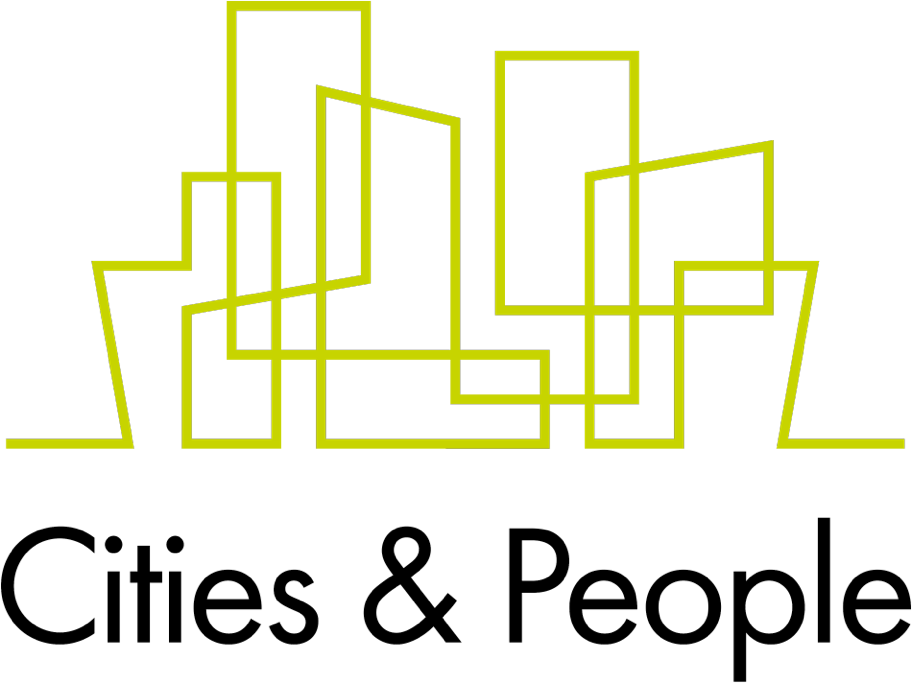Most underprepared students entering California higher-ed—many of them the first in their family to attend college—never complete a degree, though many of them leave with large amounts of student debt. In response, the James Irvine Foundation called on us to convene, facilitate, document, and evaluate an eighteen-month, cross-organizational community of practice for three college pathway innovating organizations, to support them in discovering partnership approaches that will impact first-generation student access and success.
The result was the uCANRise collaborative, the name drawn from the three participating organizations—uAspire, the Southern California College Access Network (SoCal CAN), and Students Rising Above. As a collective and through a systems-change lens, the group created and disseminated a model for preparing first-generation students to "take the mic" in working with organizational partners advocating for equitable, supported, accelerated learning that reduces time and cost to graduation, thereby increasing first-generation college student success. This student-centered model can be tailored to meet any educational equity issue that students choose to address, from affordability to racial justice and beyond.
The San Francisco Department of Public Health and its community partners are recognized around the world for their work in setting standards for prevention, care, and treatment of HIV, including establishing promising practices for educating impacted communities, increasing provider capacity, and tracking uptake and impact of Pre-exposure prophylaxis (PrEP). Though several studies have shown that PrEP can reduce the risk of becoming HIV-infected when taken daily as part of a package of prevention services, promotion of the drug by health workers has been controversial.
The Center for Learning and Innovation, Population Health Division, and San Francisco Department of Public Health asked for our help in developing and documenting online learning communities for health workers around the nation. These communities are places to share information about high-impact prevention activities for reducing HIV infections, decreasing HIV-associated morbidity and mortality, and eliminating health disparities, including administering PrEP as part of an array of services to those at risk of contracting HIV. We also created a framework for establishing baseline data for future evaluations of the effectiveness of these communities. The final product includes technology-enabled engagement that goes beyond webinars and supports authentic, sustained professional learning through conferencing, a well-developed curated library of resources, discussion forums, and ongoing peer-to-peer networking.




